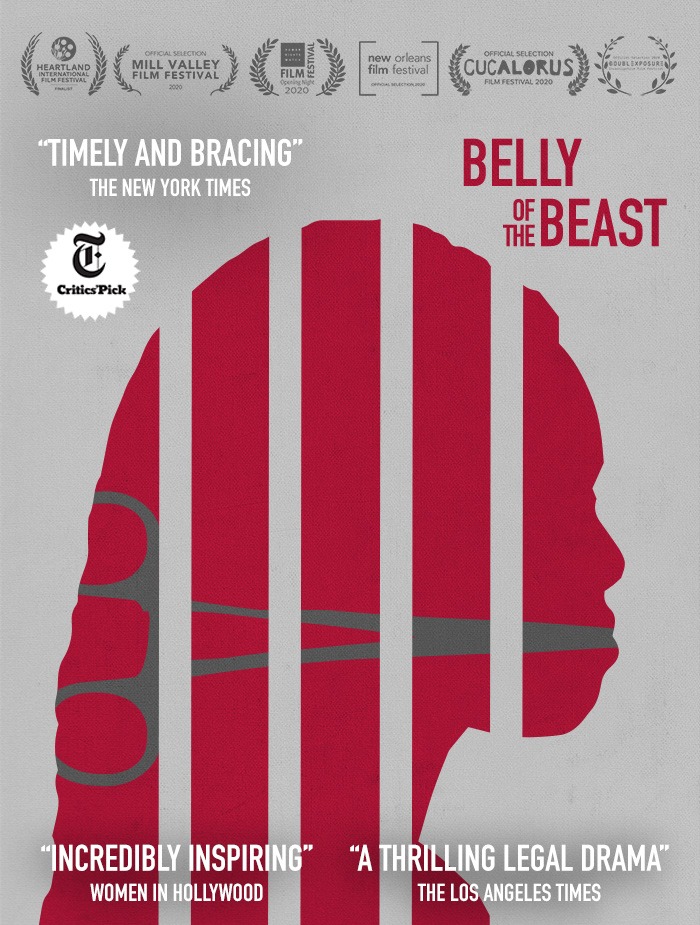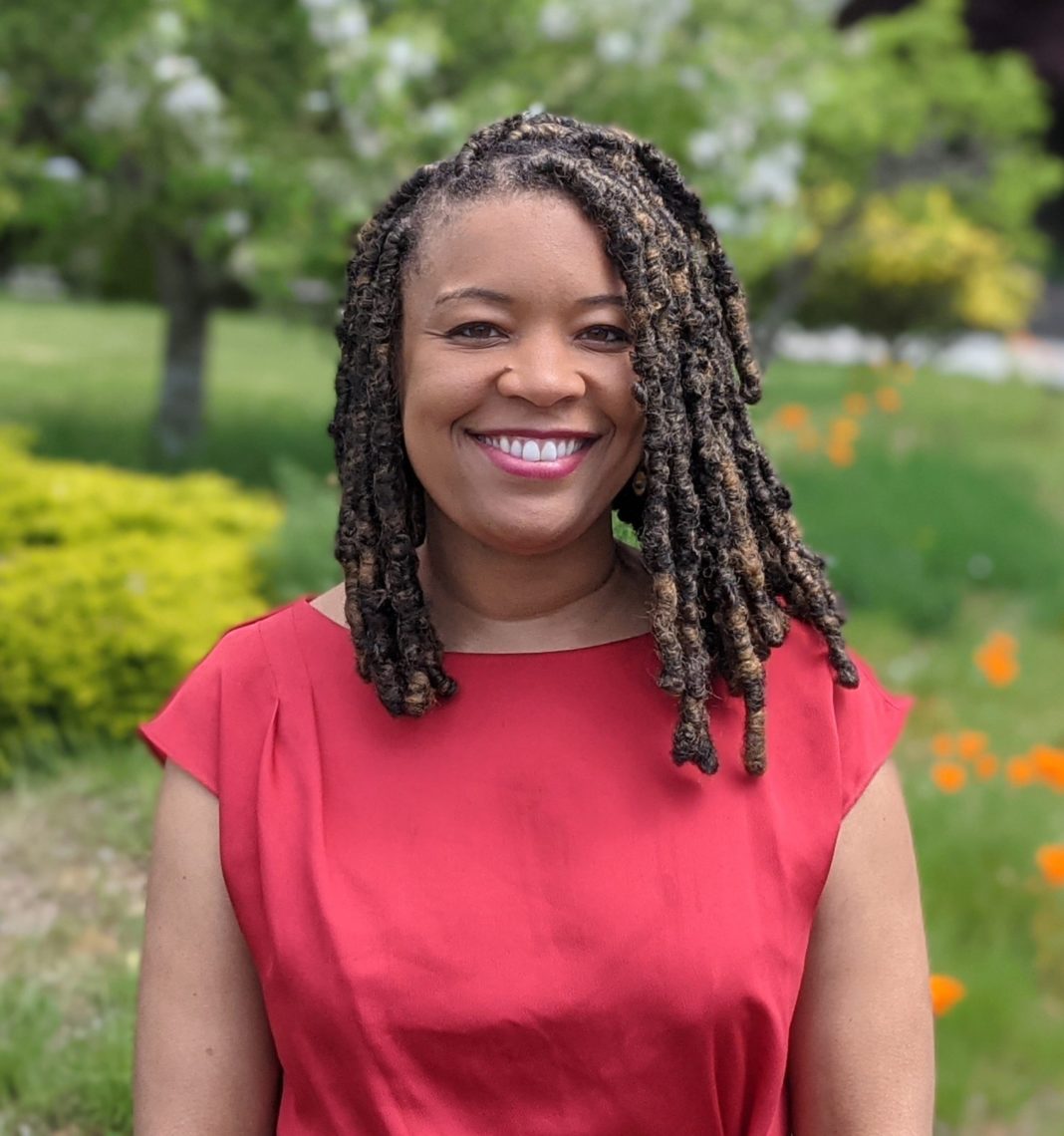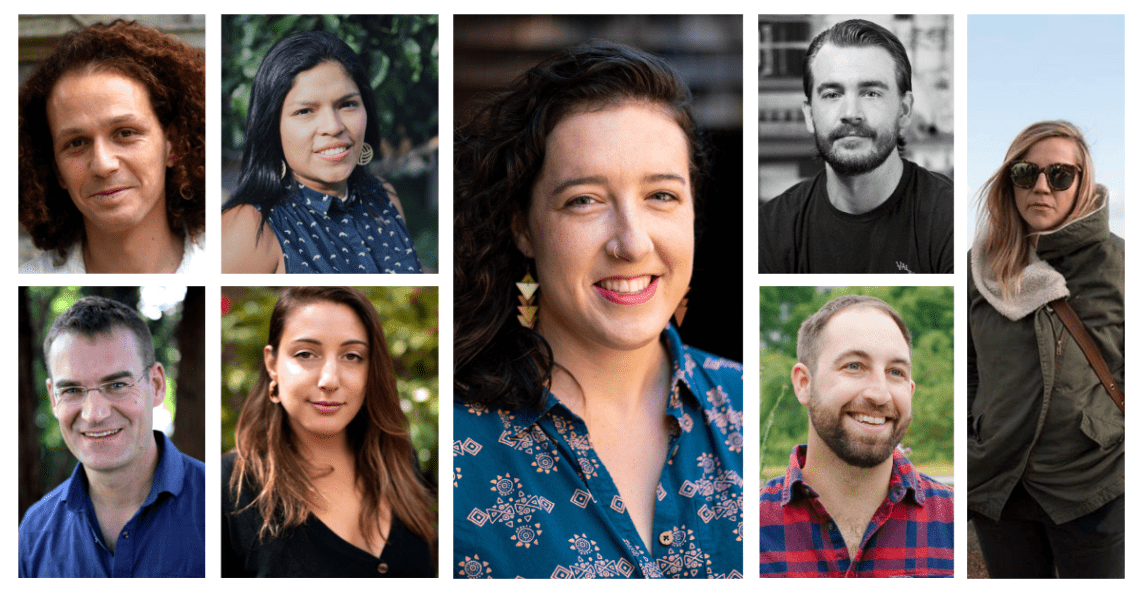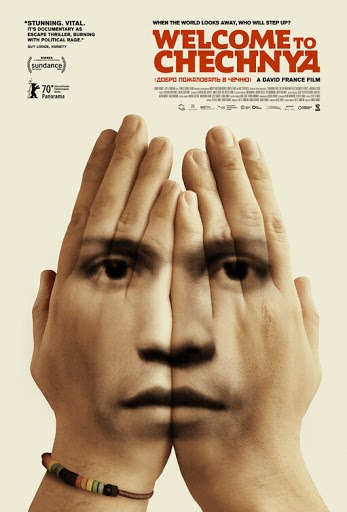The Peabody Awards Board of Jurors has selected 60 nominees that represent the most compelling and empowering stories released in broadcasting and streaming media during 2020. The nominees were chosen by a unanimous vote of 19 jurors from over 1,300 entries from television, podcasts/radio and the web in entertainment, news, documentary, arts, children’s/youth, public service and multimedia programming.

Clockwise from top left: Lulu Orozco (’20), Daffodil Altan (’04), Andrés Cediel (’04), María José Calderón (’09), Brandon Yadegari (’20), Zachary Stauffer (’08), Jess Alvarenga (’20), Pedro Cota (’20), Rosa Tuirán (’20), Nick Roberts (’20), Molly Forster (’20).
Among them is “COVID’s Hidden Toll,” written, directed, and produced by 2004 grads Daffodil Altan, a Berkeley Journalism lecturer and FRONTLINE producer and correspondent, and documentary filmmaker and Professor Andrés Cediel. It was co-produced by documentary filmmaker María José Calderón (’09). A bevy of 2020 grads joined them: Brandon Yadegari, Lulu Orozco, Nick Roberts, Rosa Tuirán, Jess Alvarenga, and Pedro Cota were associate producers, with Molly Forster contributing additional research. Zachary Stauffer (’08) contributed additional camera work.
“As the daughter of immigrants who has encountered my own share of seemingly insurmountable obstacles, I can’t quite express how much it means to receive a Peabody nomination — one of the most prestigious in our industry — for a film about the harrowing realities facing mostly immigrant agricultural workers who kept the country fed during the worst of the pandemic,” said Daffodil Altan.
“This film, made during the early days of the pandemic, was not easy to report or produce. But the story was urgent, and we sensed that with our background, and with the right team, it could be told deeply and meaningfully, (despite our shortage of time and PPE). I’m thrilled and proud of the resonance the film has had, and of our dedicated, collective effort to make it whole. Every single person on our team touched this film in ways that were meaningful and resonant.”

Also honored was “Belly of the Beast,” about the fight for reform of the criminal justice system. The film exposes modern-day eugenics and reproductive injustice in California prisons, through intimate accounts from currently and formerly incarcerated people. Clare Major (‘10) served as director of photography, Eva Rendle (‘19) as AP and Carrie Lozano (‘05) as consulting producer.
“Prisons are among the most impenetrable of US institutions, making them ripe for abuse,” Lozano said. “Cohn’s dogged commitment to telling the story of illegal sterilizations in California’s women’s prisons, and protagonist Kelli Dillon’s brave decision to share her story drew me in, and I’m thrilled that the Peabody Board recognized this important work with a nomination.”

Clare Major (‘10), Carrie Lozano (‘05) and Eva Rendle (‘19)
“I am in awe of the women at the center of this story, who are leading an ongoing fight against illegal sterilizations and for reparations for survivors,” Clare Major said. “As a cinematographer, it was a genuine privilege to film with them. I’m glad to see their stories and the hard work of Erika Cohn and her filmmaking team honored with this nomination.”

Christin Ayers (‘04)
Nominee “Facing Race”— a multi-part series from Seattle’s KING 5— leads viewers through uncomfortable interviews around the issue of racial injustice and inequality in the aftermath of the killing of George Floyd to show us what accountability looks like. Christin Ayers (‘04) was the creator and executive producer.
“When we launched this series, the goal was to confront the realities of racism fearlessly and factually at the local level, with depth and nuance,” Christin Ayers said. “We aimed to break down some of the barriers that keep Americans from talking openly about their differences, and it’s rewarding to know that we helped many of our viewers accomplish that. To be nominated for a Peabody Award is an incredible and humbling distinction.”

Shaleece Haas (’10)
Nominee, “Asian Americans,” is a timely and important five-hour film series for PBS that casts a new lens on U.S. history and the ongoing role that Asian Americans have played. Shaleece Haas (’10) was co-producer and Clare Major (‘10) an additional cinematographer on the film.
“It was an honor to work on such a groundbreaking and important series,” Shaleece Haas said. “I learned so much about the lesser-known, but deeply important aspects of Asian American history—but I also felt the power and presence of that history in the day-to-day process of making the series. I’m really proud of it.”
Nominee “Welcome to Chechnya,” documents a group of activists who risk their lives fighting for LGBTQ+ rights in Chechnya. Katya Kumkova (‘07) was an AP and archival researcher. Berkeley Journalism Advisory Board member Jonathan Logan was an executive producer on the film.

Katya Kumkova (‘07)
“It’s been a really great honor to document an underground rainbow railroad as activists in mainland Russia and abroad work to bring LGBTQI Chechens to safety,” Katya Kumkova said. “The activists in the film are my heroes, and some have become close friends. It is of course amazing to get recognition — for us as filmmakers, but especially for them and their work.”
Eight alums received credit on “Crip Camp,” a documentary about a groundbreaking summer camp that gives us a history of the disability rights movement and the path toward greater equality. Lauren Schwartzman (’18) was the associate producer and assistant editor. Mario Furloni (‘11) and Zachary Stauffer (‘08) provided additional cinematography. Others contributing included Mary Newman (‘18), who provided additional production support, and Spencer Silva (‘18), Liliana Michelena (‘18), Emma Schwartz (‘19) and Brian Krans (‘18) who each had a hand in fact-checking. Berkeley Journalism Advisory Board member Jonathan Logan was an executive producer on the film.

Clockwise from left to right: Mario Furloni, Liliana Michelena, Lauren Schwartzman, Brian Krans, Mary Newman, Spencer Silva, Emma Schwartz, Zachary Stauffer.
 “It’s gratifying to see the great work of so many of our partners recognized by the Peabody Awards Board of Jurors,” said Jonathan Logan, President and CEO of the Jonathan Logan Family Foundation. “Both of our nominated documentaries, “Crip Camp” and “Welcome to Chechnya,” elevate social justice issues of great importance and are having real-world impact. In the News category, FRONTLINE’s five nominations, including one for the JLFF-supported “Whose Vote Counts,” are a testament to the program’s steadfast commitment to truth and telling stories that matter.”
“It’s gratifying to see the great work of so many of our partners recognized by the Peabody Awards Board of Jurors,” said Jonathan Logan, President and CEO of the Jonathan Logan Family Foundation. “Both of our nominated documentaries, “Crip Camp” and “Welcome to Chechnya,” elevate social justice issues of great importance and are having real-world impact. In the News category, FRONTLINE’s five nominations, including one for the JLFF-supported “Whose Vote Counts,” are a testament to the program’s steadfast commitment to truth and telling stories that matter.”


